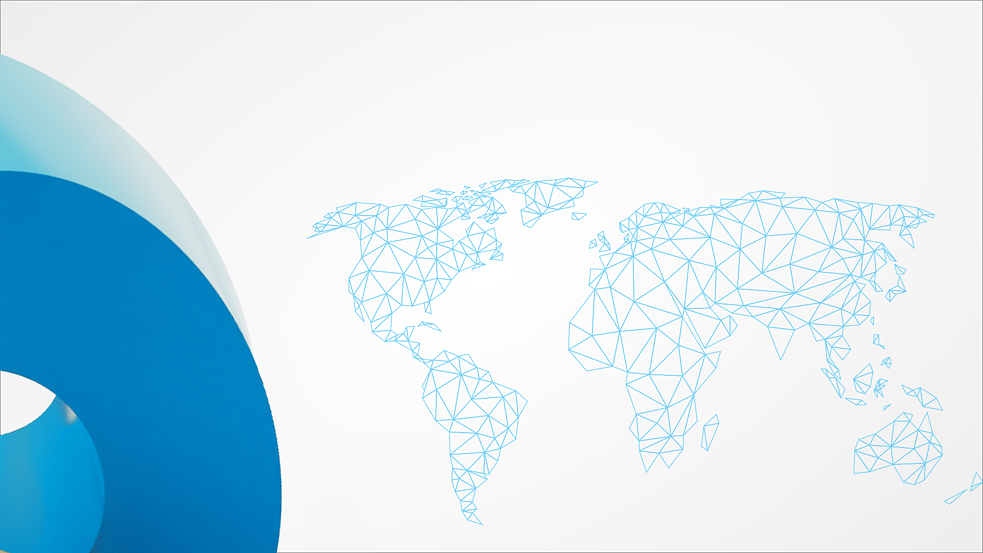AI Squad
In our digital world, where information is easily accessible, it's crucial to acknowledge that not everyone enjoys equal access to the internet and technology. Shockingly, approximately 3.7 billion people still lack internet access, a fact reported by the United Nations. This digital divide is particularly evident among marginalized communities. Recent statistics from the World Bank further highlight that individuals with disabilities, constituting 15% of the global population, face numerous barriers to accessing the digital world. The widespread adoption of AI and other emerging technologies has made them powerful tools in our rapidly evolving digital landscape. However, this rapid development also risks perpetuating historical biases that disproportionately impact marginalized groups such as people with a disability. The fast-paced advancements of digital platforms may unintentionally reinforce existing inequities, a challenge we must actively recognize and address.
To tackle these issues, the Inclusion Barometer has emerged as an initiative to support unconnected and offline communities in the global south. With a community-centered approach, this initiative collaborates closely with local unconnected communities living with various disabilities. It provides them a platform to express their perspectives and engage in meaningful discussions about AI. The primary goal is to bridge the communication gap between marginalized groups and individuals in positions of power who can influence AI's inclusivity for people and communities with disabilities.

Aim of the Project
The Inclusion Barometer aims to bridge the communication gap between marginalized groups and individuals/entities in positions of power who can make AI more inclusive for people and communities with disabilities.
Objectives of the Project
1. Mapping and Identifying Unconnected Communities
The initial step involves mapping and identifying unconnected communities in the Global South where people with disabilities reside. We collaborate with local and traditional leaders, local civil society organizations (CSOs), non-governmental organizations (NGOs), and government agencies working with individuals with disabilities to achieve this initial step.
2. Amplifying Community Voices
By engaging with communities of people with disabilities by organizing facilitated dialogues. These discussions provide a valuable opportunity to understand their perspectives regarding AI. By actively listening to their voices, the initiative seeks to enhance the visibility and influence of their input in AI development. We see this approach as acting as a catalyst and watchdog through the inclusion barometer, thereby amplifying the voices of people with disabilities. Furthermore, it ensures that their perspectives, often overlooked in developing and deploying AI research, products, and services, are accessible to the private and public sectors. This approach fosters transparency, accountability, and a more inclusive approach to AI development and deployment.
3. Collecting Spoken Language Data
During the facilitated dialogue sessions, we ethically gather speech and spoken language data from local communities. This data reflects the lived experiences of people with disabilities in relation to AI. By capturing their unique insights and challenges, it enables a comprehensive understanding of their needs. This understanding is crucial for ensuring representation, inclusion, and context in AI development.
Vision and Timeline for Implementation of Pilot
1. Establishing Partnerships with local community leaders, government, and nongovernment organizations. (August 2023 - October 2023 )
2. Holding Facilitated Dialogue with pilot groups of people living with disability in a selected country. (November 2023 to January 2024)
3. Official launching of the Inclusion Barometer to the public.
(February 2024)
Team Members:
Leonard Francis Vibbi (Cambridge, USA)
Susan Otieno (Nairobi, Kenya)
Sara Ortega Ramirez (Medellin, Columbia)
Federica Screti (Sermoneta, Italy)
Jiwen Li (Suzhou, China)
